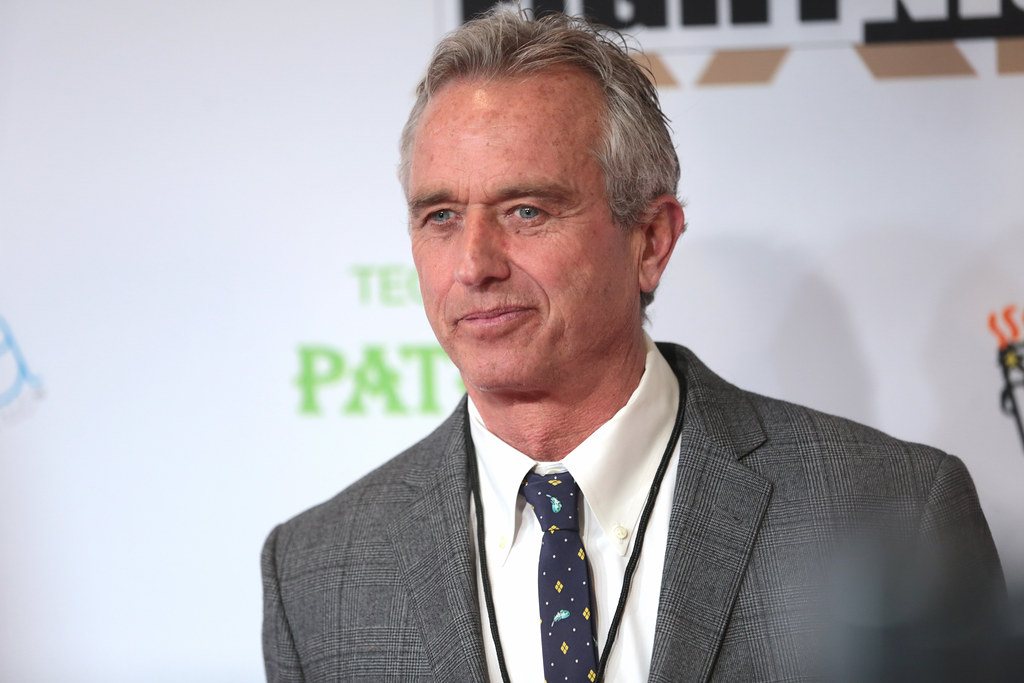Key Takeaways:
- Health and Human Services Secretary Robert F. Kennedy Jr. has doubted vaccine safety, claiming vaccines aren’t tested in placebo-controlled trials.
- An HHS spokesperson recently echoed these claims, stating little evidence exists on vaccine safety, except for COVID vaccines.
- These statements have caused concern among health experts and the public.
Who Is Robert F. Kennedy Jr.?
Robert F. Kennedy Jr. is a prominent figure in the anti-vaccine movement. As Health and Human Services Secretary, his opinions carry significant weight. He has repeatedly questioned vaccine safety, particularly regarding placebo-controlled trials, a common concern in anti-vaccine discussions. His stance has drawn criticism from health experts who emphasize the importance of vaccines in preventing diseases.
Recent Claims Spark Controversy
A spokesperson from the Health and Human Services recently made headlines with a statement that raised eyebrows. They suggested there’s limited evidence on the safety of vaccines, except for COVID vaccines. This claim is troubling as it mirrors arguments often made by anti-vaccine groups, despite extensive research showing vaccines are safe and effective.
The Problem with These Claims
Such statements can lead to confusion and fear among the public. When trusted officials question vaccine safety, it can undermine confidence in immunization programs. This skepticism has real-world consequences: lower vaccination rates can lead to the resurgence of diseases like measles and polio, which were once nearly eradicated.
Expert Responses to the Claims
Health experts quickly refuted the spokesperson’s statement, pointing out the overwhelming evidence supporting vaccine safety. The development of vaccines involves rigorous testing, including placebo-controlled trials, to ensure they are safe and effective. For example, measles vaccines have undergone extensive trials and have been proven to prevent millions of cases worldwide.
Why This Matters
The claims made by Kennedy Jr. and the HHS spokesperson are not just harmless opinions; they have serious implications. Vaccines protect not only individuals but also communities by preventing the spread of diseases. When public trust in vaccines is eroded, it can lead to outbreaks that endanger public health. Therefore, it’s crucial for health officials to provide accurate information to maintain trust and encourage vaccination.
Conclusion
The responsibility of health officials is to provide reliable information and maintain public trust. False claims about vaccine safety can have far-reaching consequences, including disease outbreaks. It’s essential for officials to communicate accurately to ensure the continued success of vaccination programs. Public trust in health guidance is a cornerstone of preventing diseases and saving lives.
